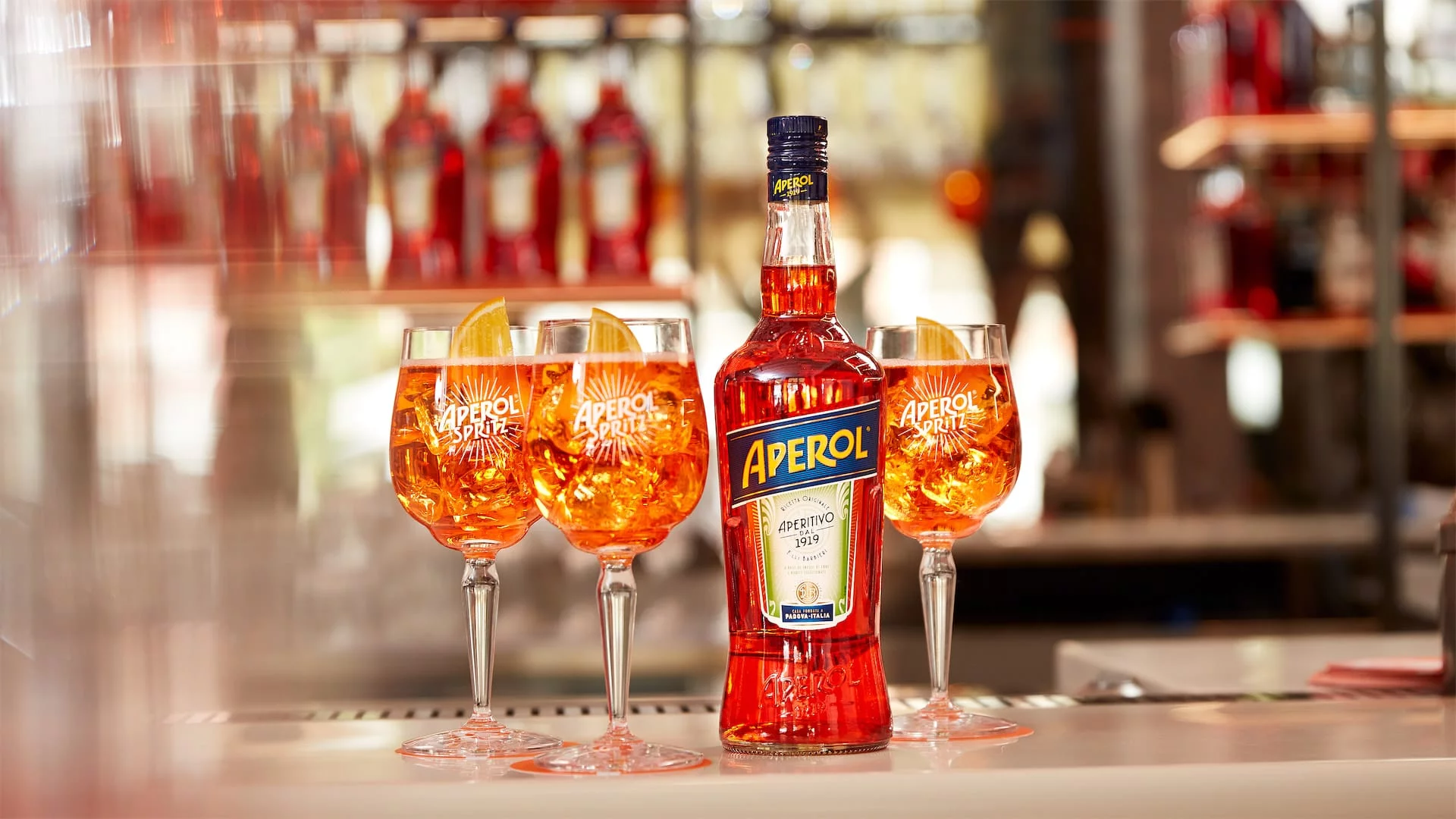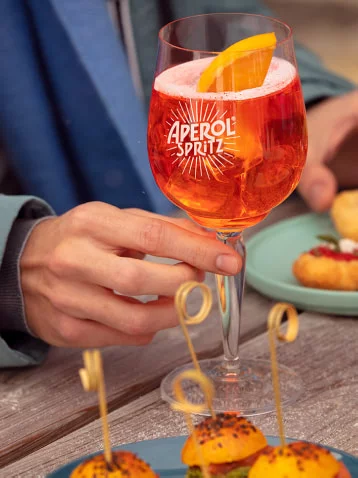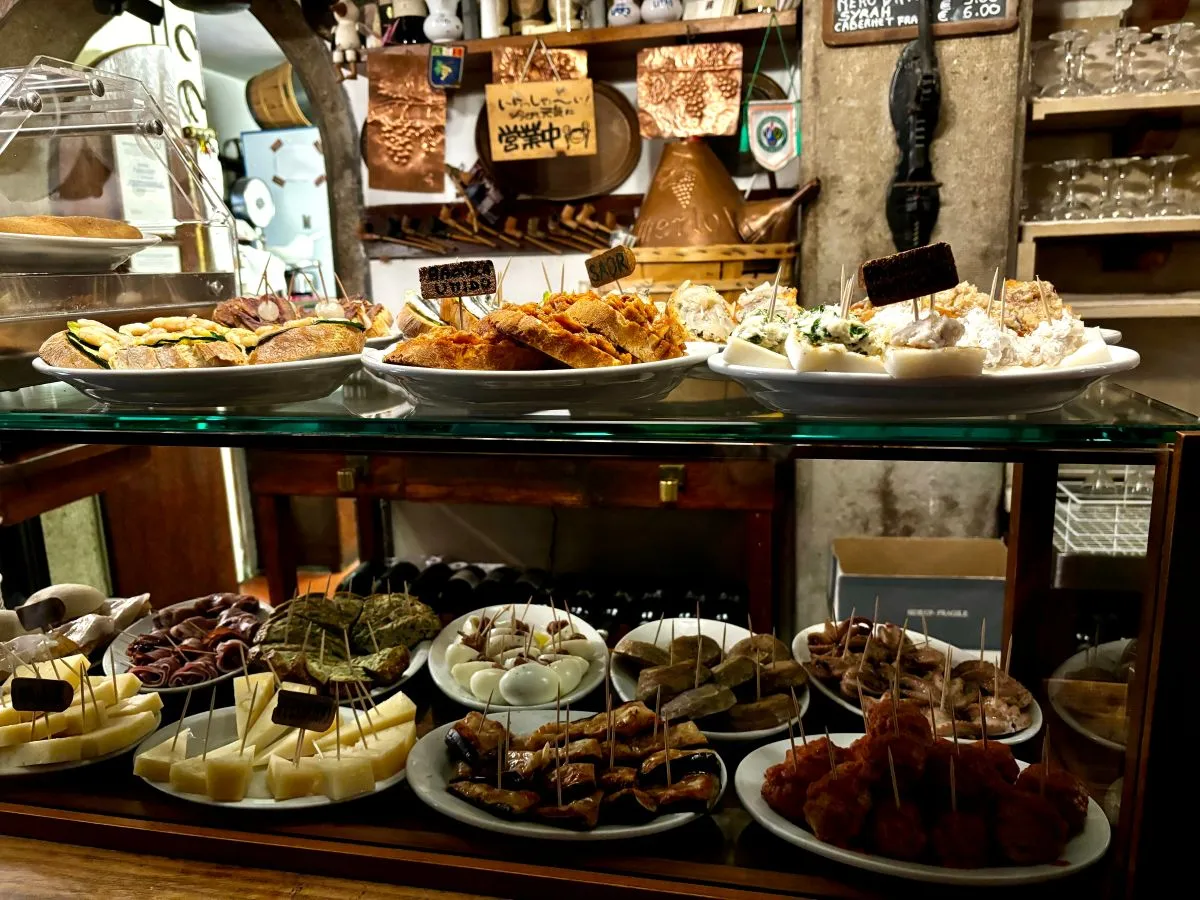
What Does Aperitif Mean in Italian Culture?
Italy is synonymous with culinary excellence, and its dining rituals are as much about social connection as they are about food. Among these traditions, the aperitivo stands out as a quintessentially Italian custom. For Italians, aperitivo isn’t just a drink; it’s a prelude to a dining experience, a cultural ritual that blends relaxation, anticipation, and social bonding. But what does an aperitif truly signify in Italian culture, and how has it become such an integral part of their lifestyle?
What is an Aperitif?
An aperitif (aperitivo in Italian) is a pre-dinner drink designed to stimulate the appetite, its name coming from the Latin word aperire, which means to open. Its purpose is to create a moment of pause and prepare both the palate and the mind for the meal ahead. The drink is typically light, refreshing, and often slightly bitter, with options ranging from cocktails like the Aperol Spritz or Negroni to classic beverages like Prosecco or vermouth.
Unlike heavy pre-dinner cocktails in some cultures, the Italian aperitif is meant to ease into the dining experience, fostering conversation and relaxation. Accompanied by small bites – known as stuzzichini or cichetiin Venetian culture – this ritual sets the tone for a leisurely and enjoyable evening.
The Role of Aperitifs in Italian Dining
The aperitif is more than just a beverage; it is a social ritual. In Italian culture, meals are a time for connection, and the aperitif plays a key role in fostering that atmosphere. Whether enjoyed at a bustling piazza café or a chic urban bar, aperitivo time creates a communal space where friends, family, and colleagues can unwind together.
This tradition typically occurs between 6:00 and 8:00 PM, bridging the gap between the workday and the dinner hour. It signals a shift in pace, allowing people to step out of the fast rhythms of daily life and embrace the slower, more deliberate cadence of Italian dining. For Italians, it’s not uncommon to refer to this time as l’ora felice—the happy hour—not because of discounted drinks, but because it provides a moment to share joy and connection.
Additionally, the aperitif serves a functional role in Italian dining. By stimulating the appetite with its slightly bitter flavors, it primes the digestive system for the multi-course meals that are so central to Italian culinary traditions. It’s a harmonious blend of gastronomy and lifestyle.
Types of Aperitifs: Italian vs French
While the aperitif is often associated with both Italian and French cultures, the two traditions have distinct characteristics.
Italian Aperitifs:
In Italy, aperitifs often feature bittersweet flavors derived from herbs and botanicals. Some of the most iconic Italian aperitif options include:
- Aperol: Known for its vibrant orange hue and bittersweet flavor, Aperol is a key ingredient in the popular Aperol Spritz.
- Campari: A stronger and more bitter alternative to Aperol, it’s used in cocktails like Americano and Negroni.
- Prosecco: A sparkling wine that’s light, crisp, and perfect for pre-dinner sipping.
- Vermouth: Fortified and aromatized wine, served neat or in cocktails.
French Aperitifs:
In contrast, French aperitifs lean towards sweeter profiles, often emphasizing wine-based drinks. Key French aperitifs include:
- Pastis: A licorice-flavored spirit diluted with water, popular in southern France.
- Kir: A mix of white wine and crème de cassis, a blackcurrant liqueur.
- Champagne: A luxurious choice, often enjoyed on its own.
While both cultures celebrate the aperitif, the Italian version is more closely tied to the concept of social bonding and lighthearted enjoyment, often accompanied by a buffet of snacks.
Why Aperitifs Matter in Social Gatherings
In Italy, the aperitif is a cornerstone of social life. The act of gathering for an aperitif is a way of reinforcing relationships, exchanging stories, and embracing life’s simple pleasures. Italians view the aperitif hour as a time to slow down and connect, embodying the dolce vita.
The importance of aperitifs extends beyond private circles. Urban centers like Milan, Turin, and Rome are famous for their aperitivo culture, where bars and restaurants offer spreads of snacks ranging from olives and cheeses to elaborate canapés. These venues transform the aperitif into a cultural event, drawing people from all walks of life to participate in a shared experience.
Moreover, the tradition of the aperitif fosters a sense of moderation and balance. By encouraging a slower pace and smaller portions, it underscores the Italian ethos of savoring moments rather than rushing through them. In doing so, it aligns perfectly with Italy’s approach to food and life: quality over quantity, experience over haste.











